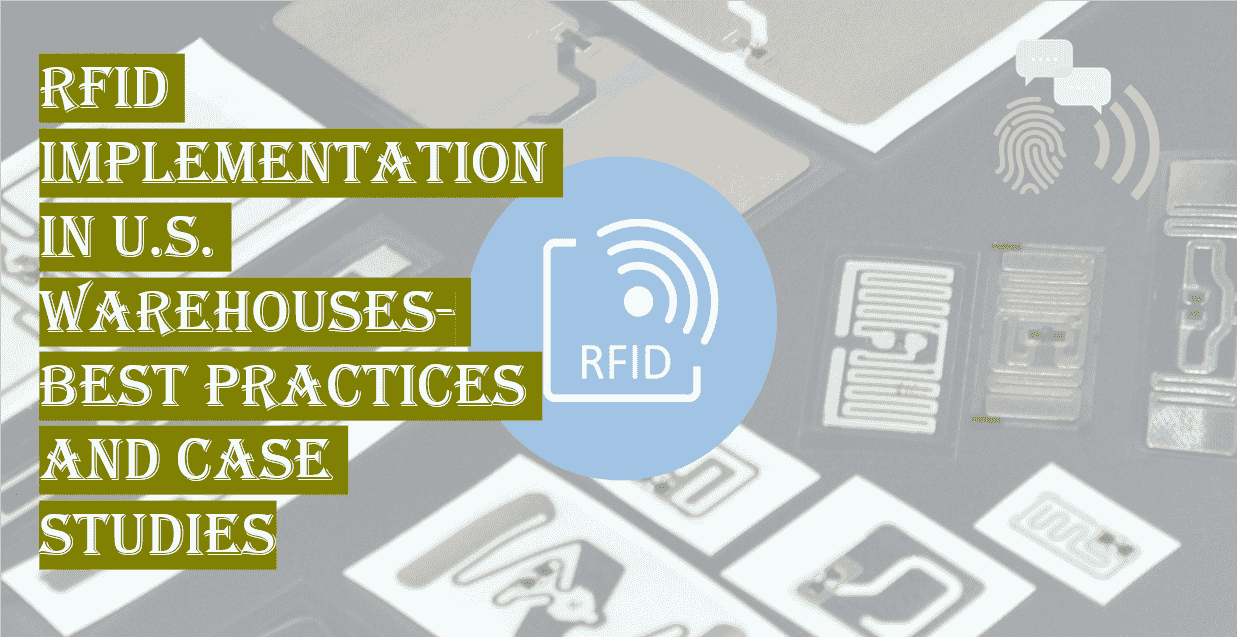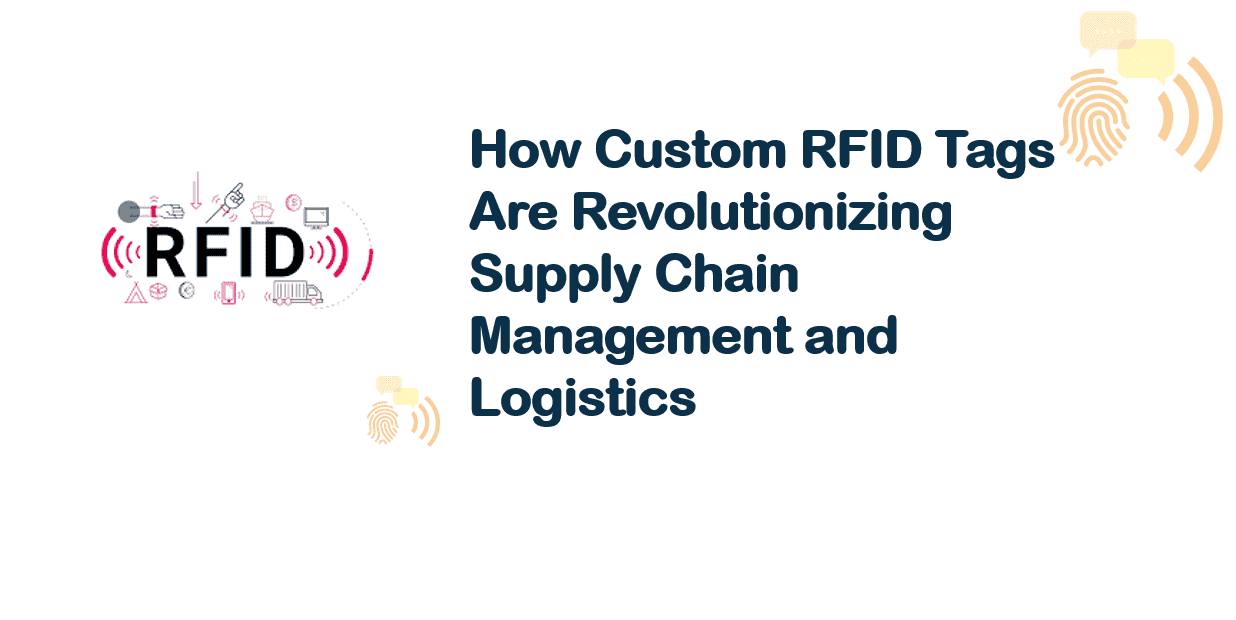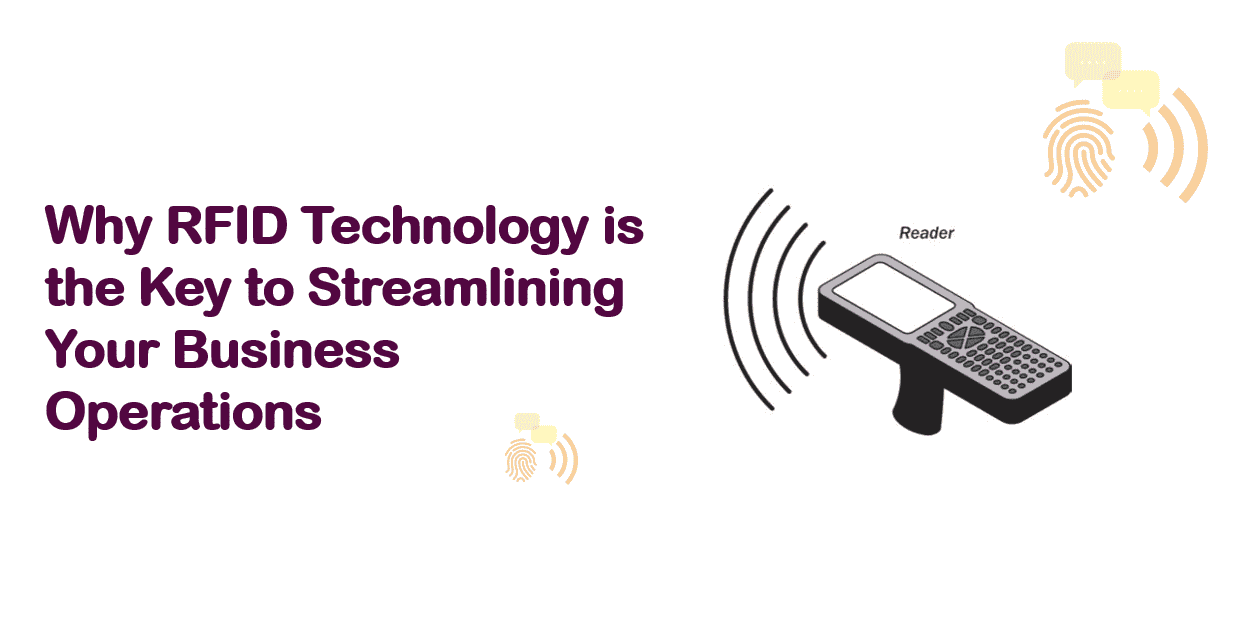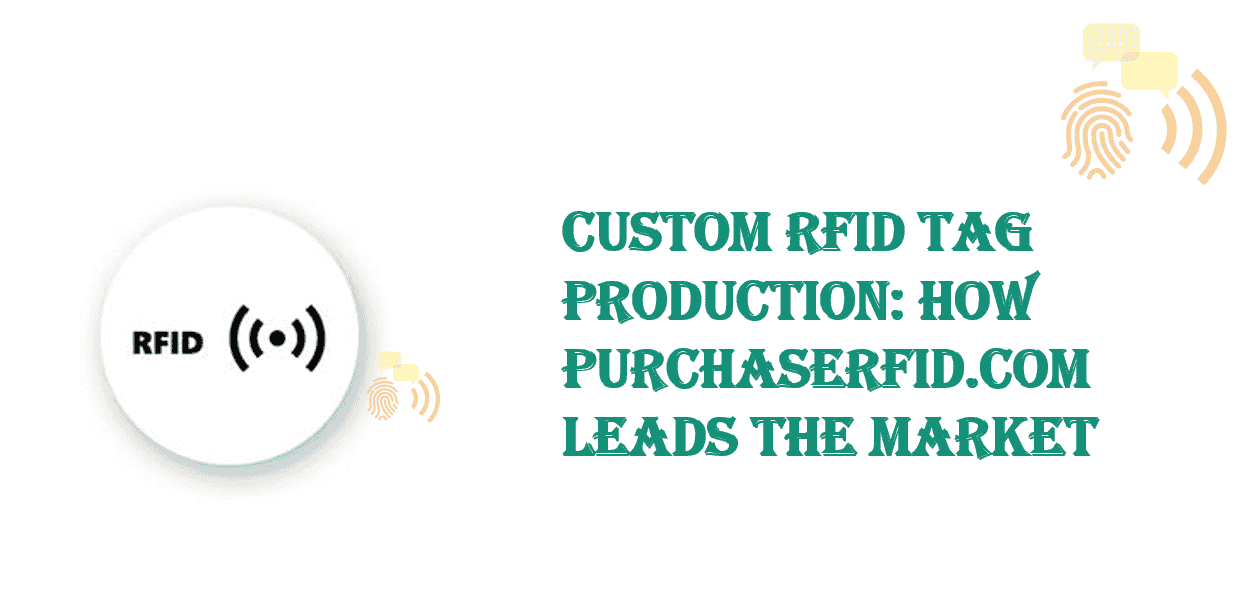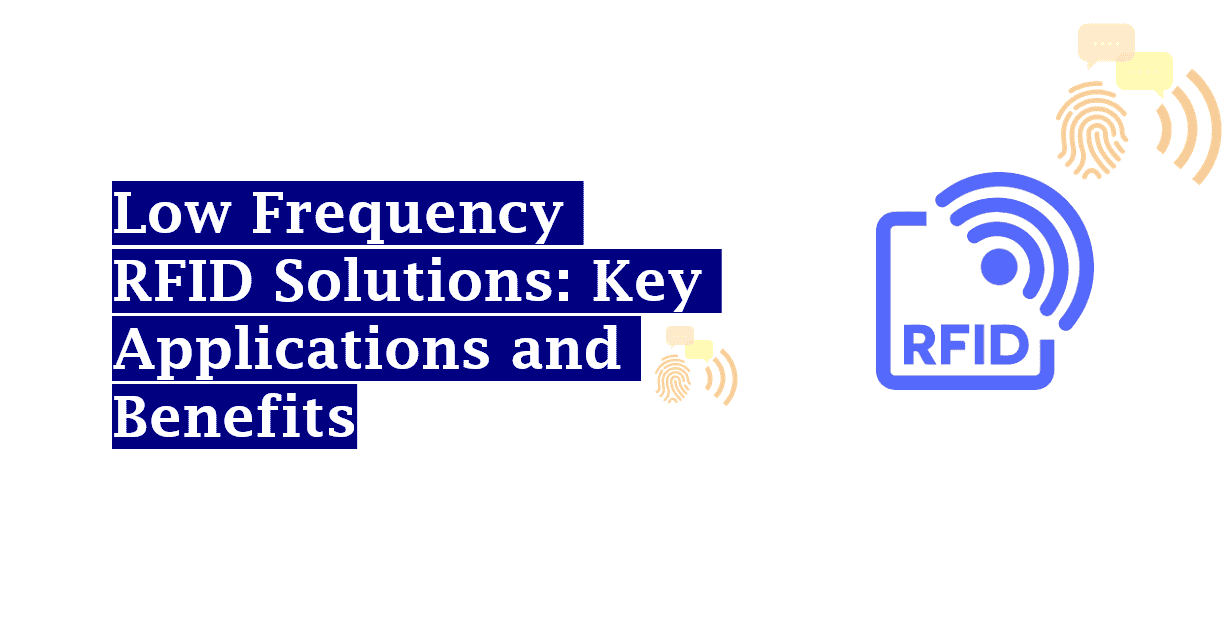Top 10 Benefits of UHF RFID for Large-Scale Businesses
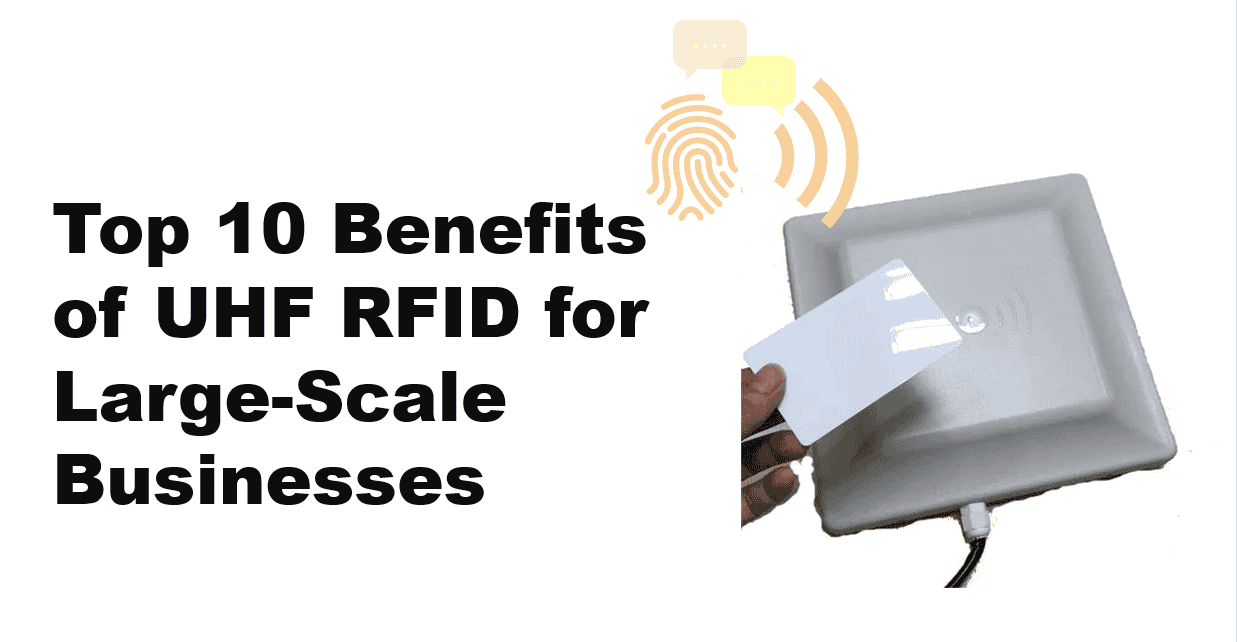
Top 10 Benefits of UHF RFID for Large-Scale Businesses
In the fast-paced world of modern business, efficiency, accuracy, and scalability are key to maintaining a competitive edge. For large-scale businesses, these qualities are often a challenge due to the vast amount of data and inventory they manage. One technology that has proven to be a game-changer in addressing these challenges is UHF RFID (Ultra High Frequency Radio Frequency Identification). UHF RFID solutions offer a range of benefits for businesses looking to streamline their operations, improve accuracy, and enhance their supply chain management. In this article, we explore the top 10 benefits of UHF RFID for large-scale businesses.
Table of Contents
- Introduction
- Improved Inventory Management
- Real-Time Data and Visibility
- Reduced Labor Costs
- Enhanced Accuracy and Fewer Errors
- Faster Asset Tracking
- Improved Supply Chain Management
- Better Compliance and Security
- Improved Customer Experience
- Scalability for Large Operations
- Data-Driven Insights for Strategic Decision Making
- Conclusion
1. Improved Inventory Management
One of the most significant benefits of UHF RFID for large-scale businesses is its ability to enhance inventory management. UHF RFID solutions allow businesses to automatically track items as they move throughout the supply chain. Unlike traditional barcoding systems that require manual scanning, RFID tags can be read remotely and in bulk, reducing the time and labor required for inventory counting. This results in more accurate stock levels and fewer stockouts or overstock situations.
2. Real-Time Data and Visibility
UHF RFID offers real-time tracking, providing businesses with immediate access to the location and status of items. This improves decision-making and allows for more efficient operations. Whether it's monitoring assets in a warehouse, tracking shipments in transit, or ensuring product availability on store shelves, the ability to receive up-to-the-minute data enables businesses to respond quickly to changes in demand or supply chain disruptions.
3. Reduced Labor Costs
Implementing UHF RFID for large-scale businesses can significantly reduce labor costs. Traditional inventory methods require employees to manually scan each barcode, which is time-consuming and prone to errors. With RFID technology, large volumes of items can be scanned automatically, reducing the need for manual labor. This not only cuts costs but also frees up employees to focus on higher-value tasks, enhancing overall productivity.
4. Enhanced Accuracy and Fewer Errors
Accuracy is crucial in business operations, especially when managing large inventories. UHF RFID offers a higher degree of precision than manual barcode scanning, reducing human error. RFID systems are less prone to misreads or data input mistakes, ensuring that the information tracked is correct. This leads to better inventory control, fewer discrepancies, and smoother operations.
5. Faster Asset Tracking
For large businesses with thousands of assets, keeping track of equipment, tools, and materials can be a daunting task. UHF RFID technology allows for fast and efficient asset tracking, as RFID tags can be read from a distance and multiple items can be scanned simultaneously. This eliminates the need for manual inspections and accelerates the process of locating and managing assets, reducing downtime and increasing asset utilization.
6. Improved Supply Chain Management
UHF RFID provides businesses with comprehensive visibility into their supply chains, enabling better management of inventory, shipments, and order fulfillment. With RFID technology, companies can track products as they move from supplier to warehouse to retail locations. This real-time data enhances forecasting, reduces lead times, and helps businesses meet customer demands more effectively, all while minimizing stockouts and excess inventory.
7. Better Compliance and Security
In industries that require strict regulatory compliance, such as pharmaceuticals or food distribution, UHF RFID can help ensure that all products meet necessary standards. RFID tags can store detailed information about a product’s origin, expiration date, and handling conditions, which is crucial for maintaining compliance with industry regulations. Additionally, UHF RFID helps improve security by providing an accurate record of items, reducing the risk of theft and unauthorized access.
8. Improved Customer Experience
UHF RFID solutions not only enhance internal operations but also contribute to a better customer experience. With accurate real-time data, businesses can provide customers with more reliable product availability information. In retail, RFID tags allow for faster checkout times, as products can be scanned more quickly, reducing wait times for customers. Furthermore, RFID helps ensure that the right products are in stock and readily available, improving overall customer satisfaction.
9. Scalability for Large Operations
UHF RFID is particularly suited for large-scale businesses due to its scalability. As businesses grow, their operations often become more complex. UHF RFID systems can be expanded and integrated into existing workflows to support growing inventory sizes and more intricate supply chains. Whether a business is expanding internationally or increasing the volume of products it handles, UHF RFID solutions can scale to meet new demands without significant additional investment.
10. Data-Driven Insights for Strategic Decision Making
UHF RFID solutions generate a wealth of data about inventory, assets, and operations. This data can be analyzed to provide businesses with actionable insights that drive better decision-making. By identifying trends, bottlenecks, and inefficiencies, businesses can make data-driven decisions to optimize their processes. For example, RFID data can reveal patterns in product movement, enabling businesses to refine their purchasing strategies or optimize warehouse layouts for greater efficiency.
Conclusion
The benefits of UHF RFID for large-scale businesses are clear. From improving inventory management and supply chain visibility to reducing labor costs and enhancing accuracy, UHF RFID solutions offer a multitude of advantages that can transform the way businesses operate. By adopting RFID technology, large-scale enterprises can not only streamline their operations but also improve security, compliance, and customer satisfaction. As businesses continue to grow and evolve, UHF RFID will play an increasingly vital role in helping them stay competitive and efficient in an ever-changing marketplace.
Related Products
Here are some relevant statistics and facts that can be included to support the benefits of UHF RFID for large-scale businesses:
-
Improved Inventory Management:
- Fact: According to a study by AIM North America, companies using RFID technology experience up to a 30% improvement in inventory accuracy compared to traditional barcoding methods.
- Statistic: Zebra Technologies reported that 85% of businesses using RFID experienced an increase in inventory accuracy, with some seeing improvements as high as 99%.
-
Real-Time Data and Visibility:
- Fact: A study by VDC Research found that RFID technology offers real-time visibility into supply chains, which helps businesses respond faster to inventory needs and reduce stockouts by up to 50%.
- Statistic: According to Accenture, companies that leverage RFID can track the movement of goods in real time, improving their supply chain efficiency by 25% or more.
-
Reduced Labor Costs:
- Fact: By automating inventory tracking, RFID can reduce manual labor costs. VDC Research found that RFID can cut labor costs related to inventory management by 30-50%.
- Statistic: A study by Honeywell revealed that RFID implementation can save up to 15% in labor costs by reducing the need for manual checks and tracking.
-
Enhanced Accuracy and Fewer Errors:
- Fact: RFID technology significantly reduces errors in data entry. A report by Walmart found that the use of RFID tags in their operations led to a 70% reduction in shipping errors and a 99% inventory accuracy rate.
- Statistic: According to a survey by Gartner, 90% of companies using RFID for asset and inventory tracking reported improved accuracy compared to traditional barcode scanning.
-
Faster Asset Tracking:
- Fact: RFID allows businesses to track multiple items at once, reducing the time spent manually scanning each product. Zebra Technologies reported that companies using RFID can achieve 10 times faster asset tracking compared to barcode systems.
- Statistic: The RFID Journal claims that RFID technology can enable 99% faster asset tracking, cutting asset search time from hours to minutes.
-
Improved Supply Chain Management:
- Fact: IBM estimates that RFID can reduce supply chain costs by as much as 10% by improving tracking and reducing inefficiencies.
- Statistic: The use of RFID in the supply chain can lead to 20-30% reductions in logistics costs, according to VDC Research.
-
Better Compliance and Security:
- Fact: RFID helps companies comply with regulations by providing detailed records of product origin, handling, and expiration dates. FDA reports show that the use of RFID in the pharmaceutical industry has led to a 40% reduction in counterfeit drugs.
- Statistic: According to Deloitte, RFID can reduce the risk of security breaches and theft in warehouses and retail environments by up to 30%.
-
Improved Customer Experience:
- Fact: Retailers using RFID technology can significantly improve the shopping experience by reducing checkout times. NXP Semiconductors found that RFID-enabled checkouts are three times faster than traditional barcode scanning.
- Statistic: A Retail Systems Research report states that 82% of retailers see an improvement in customer satisfaction when they use RFID for inventory and product tracking.
-
Scalability for Large Operations:
- Fact: RFID systems are scalable, and businesses can expand their use as their operations grow. According to AIM Global, RFID is highly scalable, with businesses able to deploy RFID solutions across multiple locations and facilities without significant system overhauls.
- Statistic: IDTechEx estimates that the RFID market is growing at a rate of 20% annually, indicating its increasing use across industries of all sizes, particularly in large-scale operations.
-
Data-Driven Insights for Strategic Decision Making:
- Fact: The data collected by RFID systems can provide valuable insights into inventory turnover, customer demand patterns, and asset utilization. A report by Zebra Technologies found that 56% of organizations using RFID have leveraged the data for more accurate decision-making.
- Statistic: A study by Forbes Insights found that companies using RFID and analytics reported 20% better decision-making speed due to more accurate and timely data.



